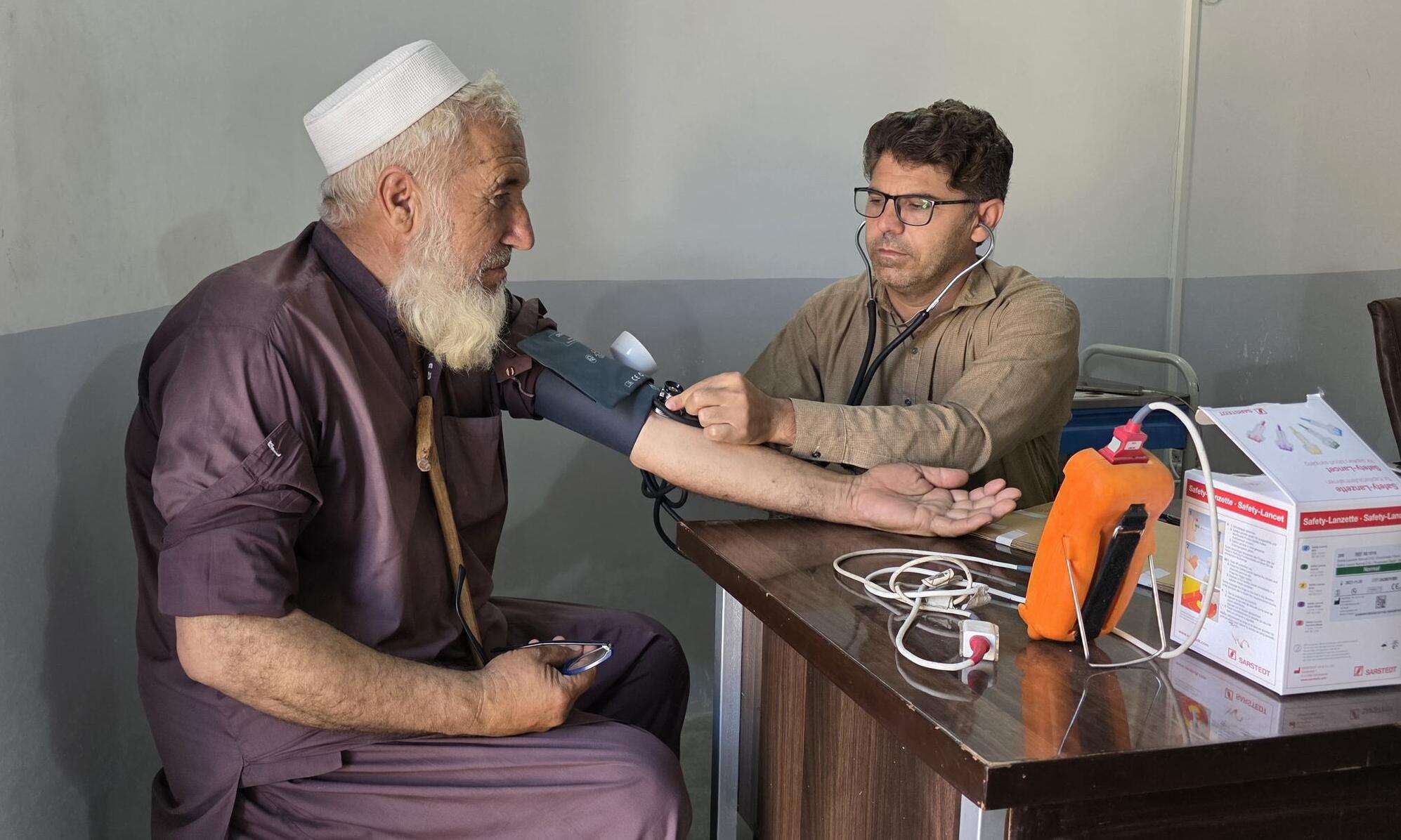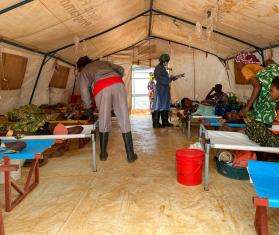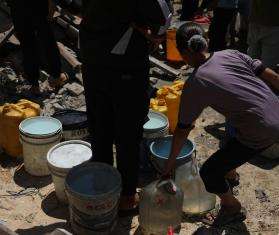Since 2022, families have returned to the valley to find damaged homes, a lack of basic services, and little sign of the support they had been promised for rebuilding their lives. A Doctors Without Borders/Médecins Sans Frontières (MSF) team has been caring for returning communities in our clinic in Tirah since May 2022.
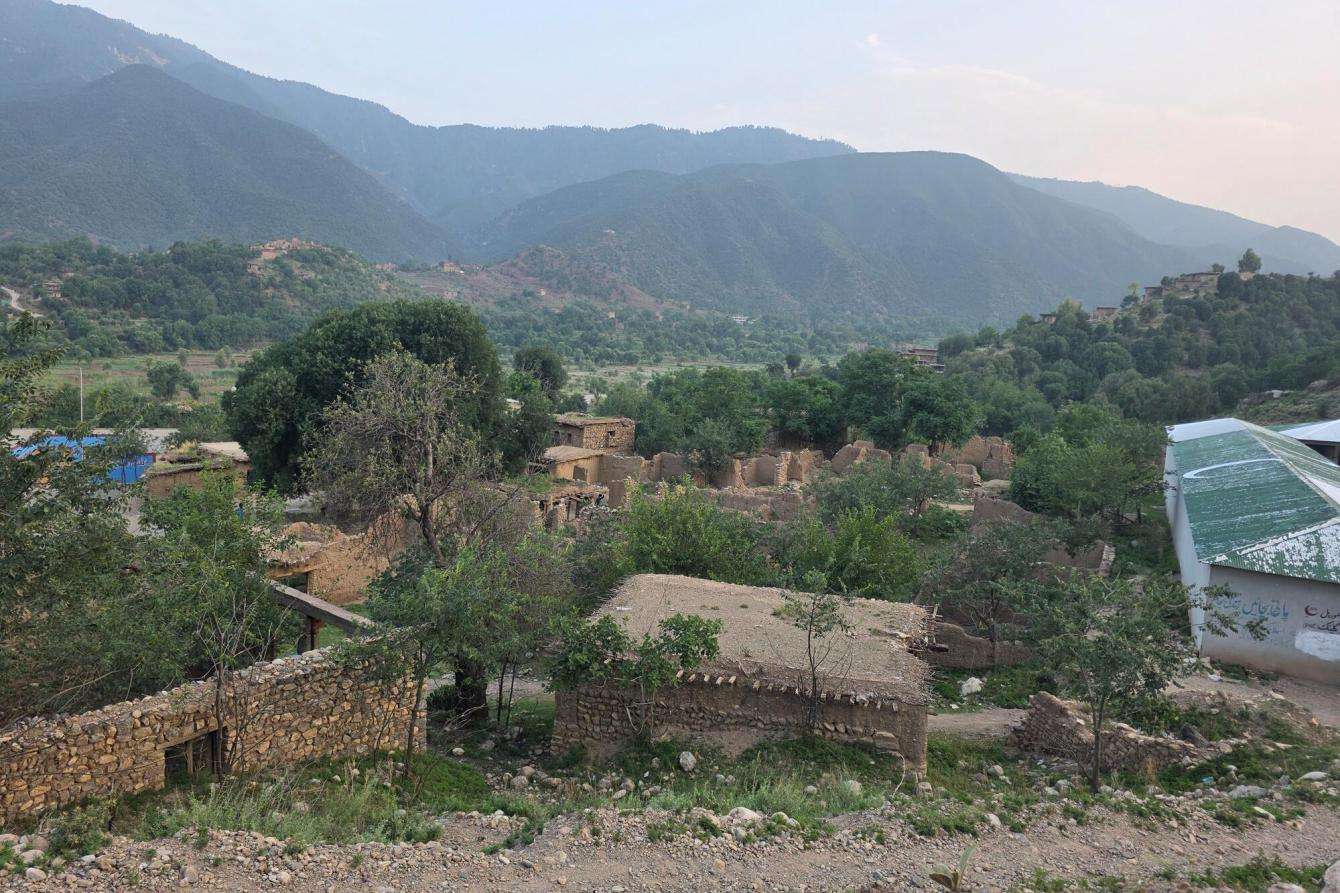
A dramatic shift in the region since 9/11
Until the early 2000s, Tirah, in the region formerly known as Federally Administered Tribal Areas (FATA), experienced relative stability. However, the situation shifted dramatically in the aftermath of the September 11 attacks and the subsequent US-led war in Afghanistan. The area soon became the scene of prolonged conflict, from clashes between armed groups and between state forces and armed groups including Tehrik-i-Taliban Pakistan, Lashkar-e-Islam, and Ansar-ul-Islam. From 2009 onward, military operations by the Pakistan Armed Forces against the armed groups led to the mass displacement of thousands of people.
As the security situation has improved, families have been returning to Tirah since 2022, yet hardships persist: electricity, schools, transport, markets, health centers, and communications remain scarce, with most areas still lacking mobile or landline coverage. Communities are steadily trying to rebuild, even as violence and clashes between security forces and armed groups continue to affect the region, and government services are still limited.
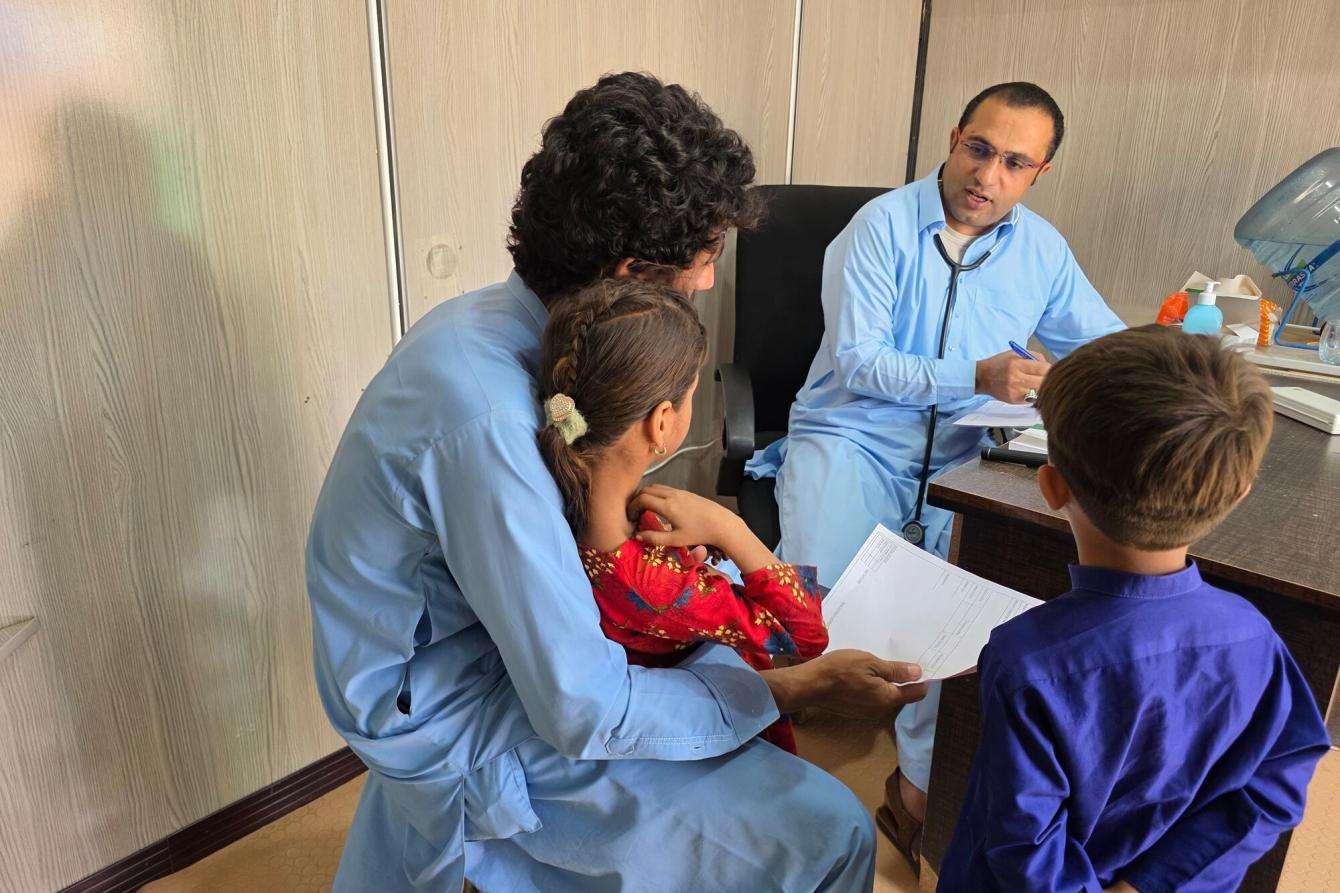
“Our homes were destroyed and we don’t have the means to rebuild”
Dost Muhammad is nearly 80 years old, and starting over seems impossible to him. He now lives in a tent, not by choice, but because his home was lost during the conflict.
“Our businesses were destroyed, and there is no real livelihood here,” he says. “Before our displacement, we had a booming trade with Afghanistan. Now, there is nothing left. Our homes were destroyed, and we don’t have the means to rebuild. We have no income, and we haven’t received the promised financial compensation [for damaged houses] yet.”
In May 2022, MSF opened a clinic for people who have returned to Tirah. The single-story facility serves as the closest thing to a hospital for this remote community. It offers general health care, emergency care, referral services, as well as maternal and pediatric care.
In 2024, MSF staff provided 40,000 outpatient consultations at the clinic, an increase from 26,000 the year before. This surge shows three trends: the steady return of displaced families, awareness of MSF services in the community, and improved access to the clinic after more roads were built. In a single day, staff can treat up to 170 patients.
“The patterns are predictable,” says Yousaf Ali, MSF’s medical activity manager. “In winter, we see respiratory infections; in summer, it’s malaria, diarrhea, and skin diseases like scabies.” These conditions commonly occur in areas with inadequate living conditions.
“My child has scabies,” says a woman visiting the clinic. “This clinic gives us free tests and medicines. Elsewhere, even if you find a doctor, there’s nowhere to get medicines. I’ve seen mothers lose children to diarrhea on the long journey to a city hospital. This clinic is a relief. We don’t want it to leave.”
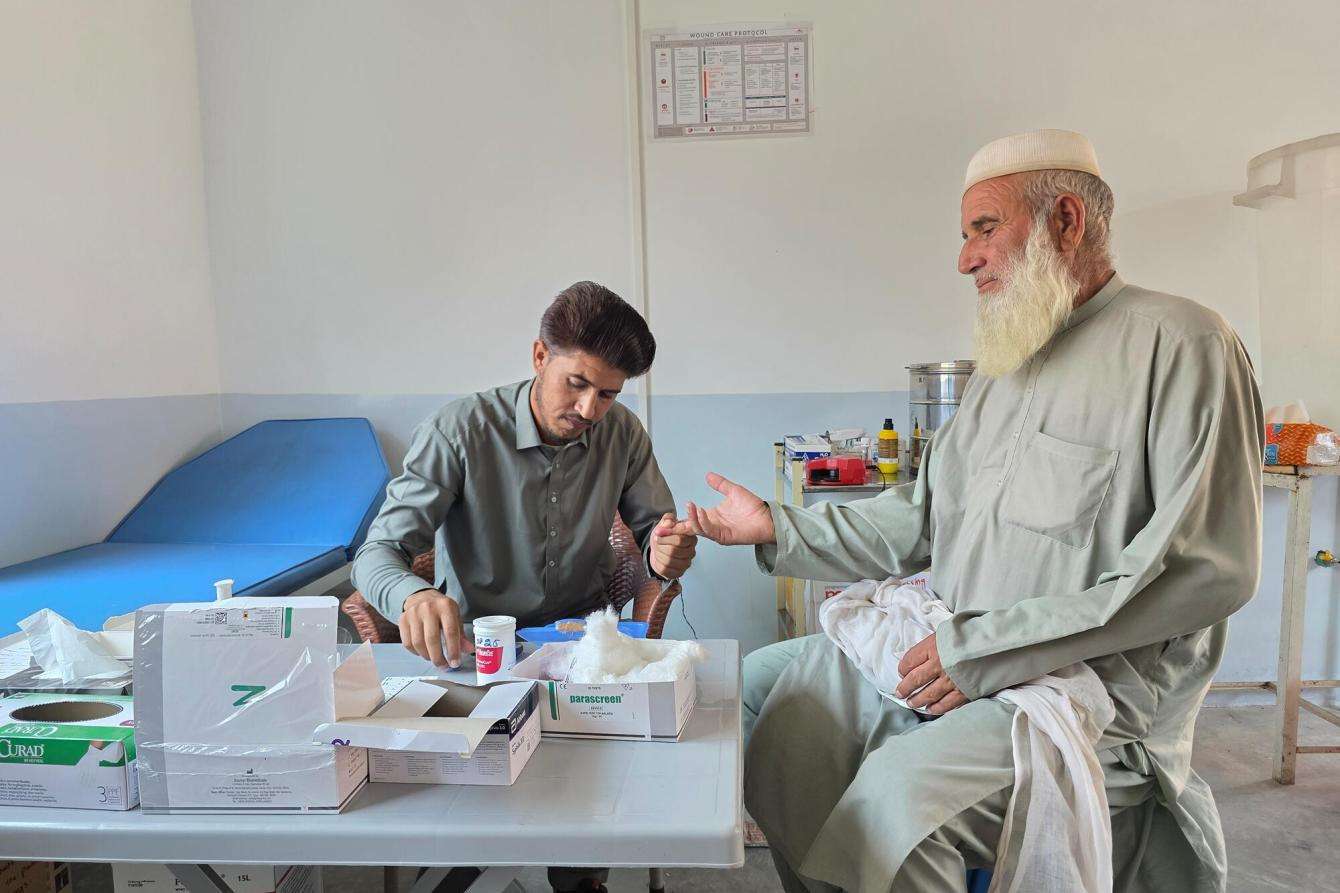
Health care can be hours or days away
The journey to the clinic can be treacherous for people from faraway villages, who need to travel through mountains. Most arrive on foot; others are carried on a relative’s shoulder or whatever transport is available.
“If we can’t carry them, we beg a donkey—these days even donkeys refuse to move,” says Dost Muhammad.
Diabetes patient Jan Akbar adds, “Before this clinic, even for a minor treatment, we spent 9,000 rupees [approximately $30] just on travel. It was unbearable for us.” In an area where it is difficult to make a living, this is a huge sum.
While not equipped for advanced care, MSF’s clinic has seen people in need of emergency medical care.
“We sometimes receive patients requiring emergency care, often in the middle of the night,” says Sajjad Khan, MSF’s project coordinator assistant. He recalls a recent case when a man with severe injury was losing blood rapidly. “We stabilized him and referred him to Peshawar’s tertiary care hospital in a ‘rescue 1122’ ambulance [a state-run emergency ambulance service]. The odds were against him, but he survived.”
Women in Tirah face additional barriers, not least because of the lack of female health care staff in the area. “We just hope for more female doctors and a gynecology unit around here,” says Hashmat, a patient.
“No one should have to walk for hours across mountain tracks just to see a doctor,” says Vangelis Orfanoudakis, MSF’s country representative in Pakistan. “A clinic may be basic, but this one has become a reliable anchor for thousands of people returning, showing the need for more health facilities to open in the region in the future."
"Here, a health facility is a lifeline in a hard place,” Orfanoudakis adds.
